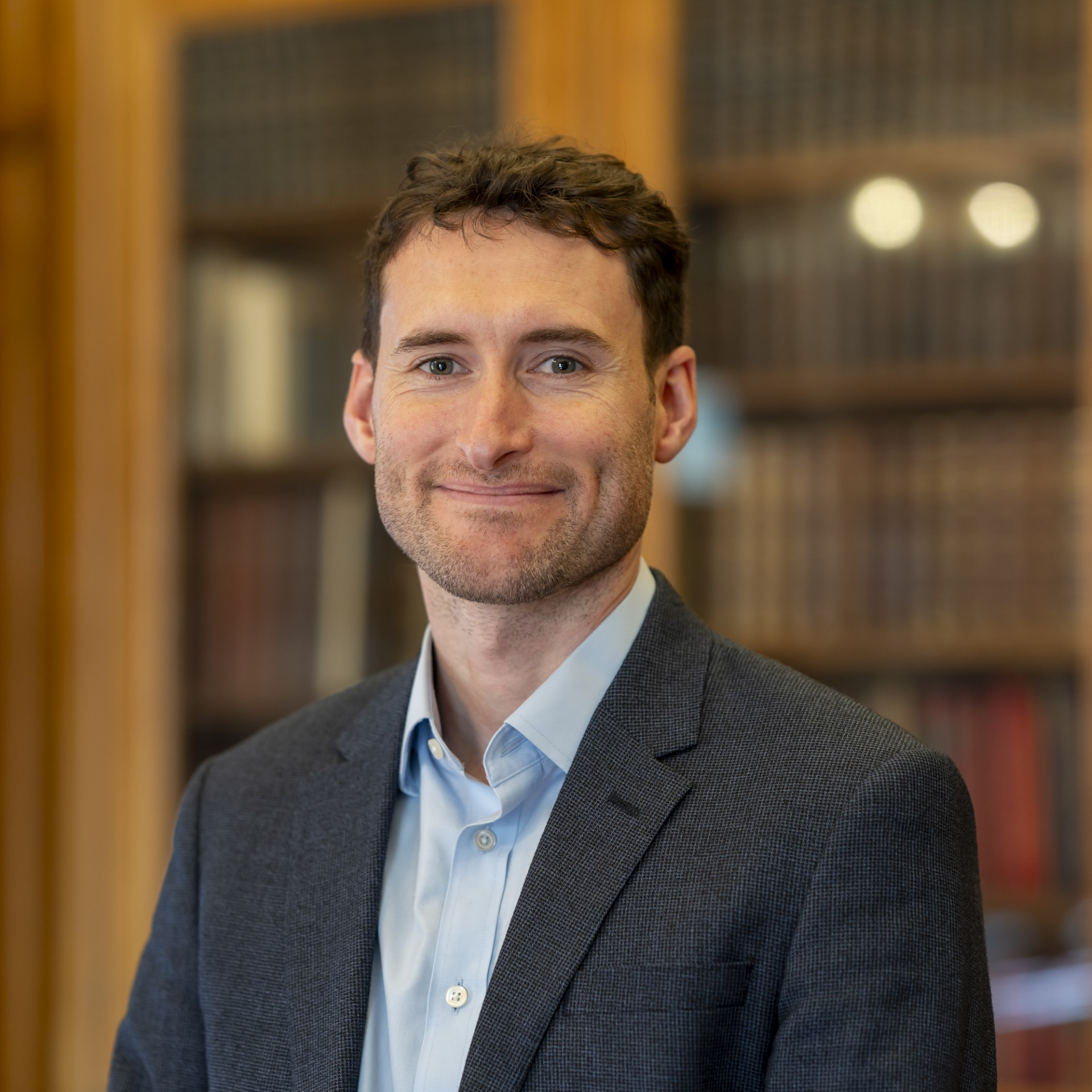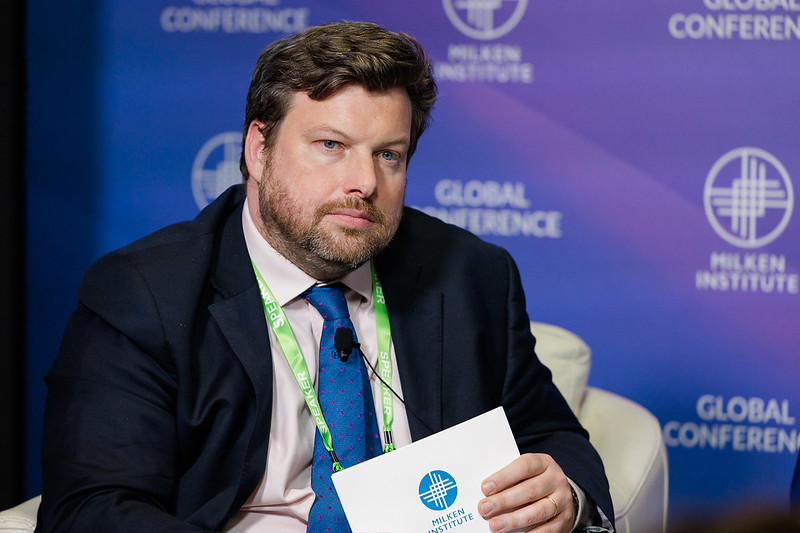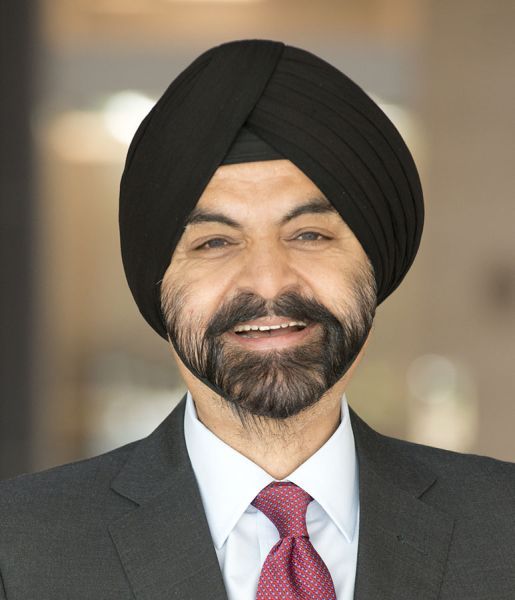
Few forces are reshaping the global landscape more rapidly than the rise of transnational fraud. Nowhere is this clearer than in Southeast Asia. Scam centers in the Mekong region have evolved from isolated compounds into sprawling polycriminal enterprises—driving trends of human trafficking, online fraud, illegal gambling, and even child sextortion.
These are not just criminal networks operating in the shadows. Increasingly, they operate with the protection and active participation of formal institutions. When state actors become entangled with syndicate interests, the challenge multiplies, and its consequences ripple worldwide.
The US Department of the Treasury’s action earlier this year against Huione Group underscores the potential scale of the problem (Huione operates the “largest illicit marketplace in history”), and the beginning of a response. But even decisive unilateral regulation will not, on its own, be enough. These criminal enterprises and their hosts are savvy, adaptive, and persistent. They exploit global regulatory gaps, utilize advanced technologies, and leverage co-opted institutions to evade meaningful disruption. Combating them requires something more durable: purposeful coalitions that draw from the combined strength of concerned governments, financial institutions, technology platforms, and civil society.
At its heart, we are witnessing an unprecedented criminalization of national governance with globally reaching harms. When local elites and the institutions they control become captured by organized crime, entire jurisdictions can transform into “scam states”—economies where fraud is no longer peripheral but woven into the very political and economic fabric. This reality (now extant to varying degrees in contexts across the region) poses a direct challenge to an integrated, collaborative international system and a threat to citizens globally.
Just as the global community has agreed that certain practices—like harboring terrorists or proliferating nuclear weapons—are beyond the bounds of acceptable sovereign behavior, so too must it be said of jurisdictions that systematically host and benefit from industrial-scale criminal fraud.
This challenge is not confined to Southeast Asia, but the Mekong illustrates what is at stake. Scam centers there now target millions of victims worldwide, raking in tens of billions annually. Behind the statistics are human tragedies: life savings stolen, trust in financial systems eroded, countless young people trafficked into compounds and forced to perpetrate crimes under threat of violence. Particularly alarming is the emergence of evidence on child sextortion schemes operating from the same compounds—a reminder that the harm is not only financial but deeply personal, targeting the most vulnerable members of our societies.
Against such an adversary, fragmented and unilateral approaches will fail. To meaningfully disrupt these networks, partnerships must be purposeful, global, and correctly targeted. Three elements stand out.
First, coordinated financial disruption. Banks, payment processors, and cryptocurrency platforms must work in concert with regulators and investigators to choke off illicit cashflows. Data-sharing partnerships can help expose laundering routes that no single institution can see in isolation.
Second, joint cyber-forensics and enforcement. Law enforcement agencies, international watchdogs, technology firms, and civil society groups each hold pieces of the puzzle. By pooling data and expertise, they can map syndicate operations, trace cross-border flows, and bring actions that hold both perpetrators and their enablers to account.
Third, survivor-centered strategies. Tens of thousands of trafficking victims are trapped in scam compounds today. For their sake, fighting the scam economy cannot repeat the mistakes of punitive crackdowns in the “war on drugs”—approaches that too often yielded negligible deterrent impact while inflicting high human costs. Partnerships that combine humanitarian organizations with governments and private industry will not only support rescues and repatriation but also provide the care and training needed to minimize collateral damage and prevent cycles of revictimization.
Human dignity, trust, and transparency are nonnegotiable foundations of global prosperity.
The Milken Institute Asia Summit’s theme this year—Progress with Purpose—reminds us that the most effective partnerships emerge not from transactional alignment but from shared values. By choosing to collaborate against transnational crime, we do more than protect markets; we reinforce the principle that human dignity, trust, and transparency are nonnegotiable foundations of global prosperity.
There is precedent for this kind of coalition. The challenge now is to summon the same resolve in the digital age—where syndicates operate with unprecedented scale and sophistication, and where some state actors are not adversaries of crime but allies.
We stand at an inflection point. If left unchecked, the rise of criminalized jurisdictions threatens to erode not only financial systems but the very trust that underpins collaboration across borders. Yet by working together—across sectors and geographies—we can draw firm boundaries, disrupt entrenched networks, and restore confidence in a rules-based society. That is what “purposeful progress” looks like: a global coalition that refuses to accept scam states as a new normal, and instead builds a future where integrity, security, and human dignity prevail.















